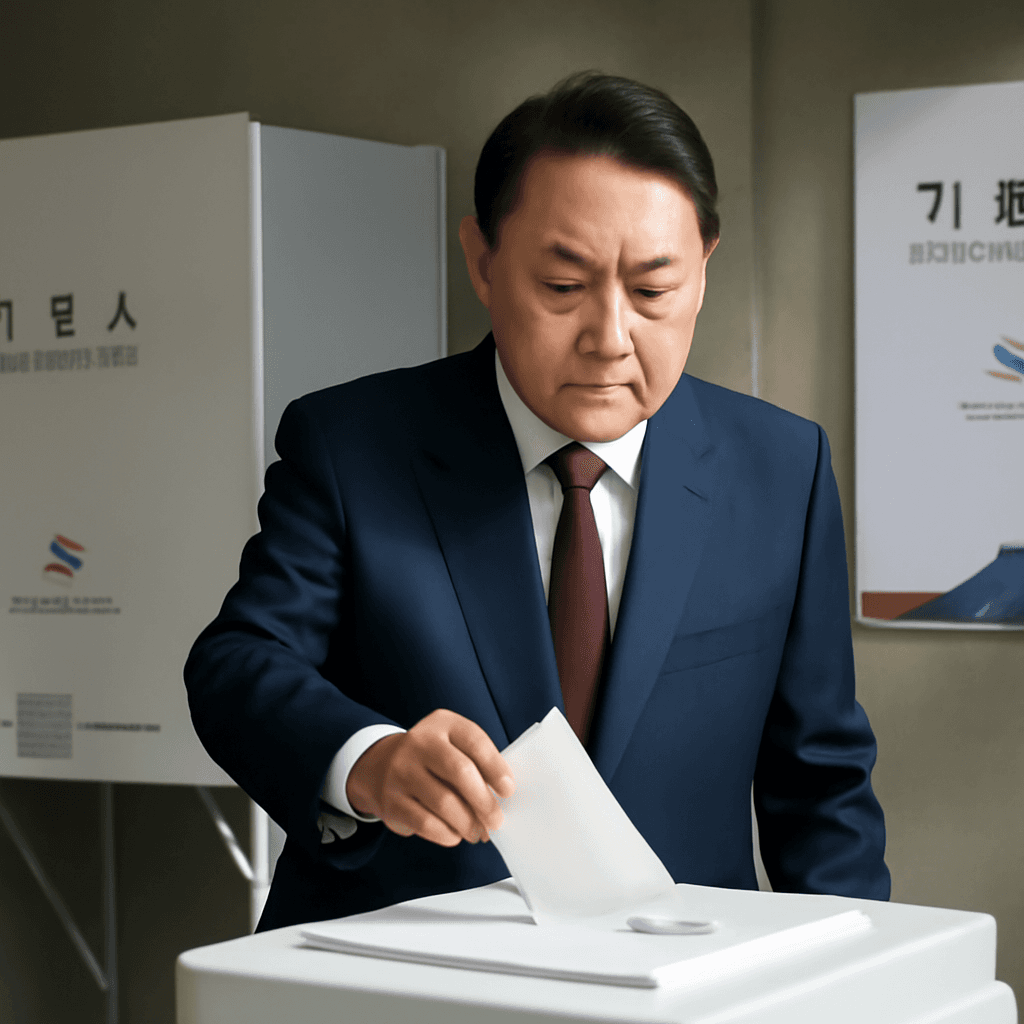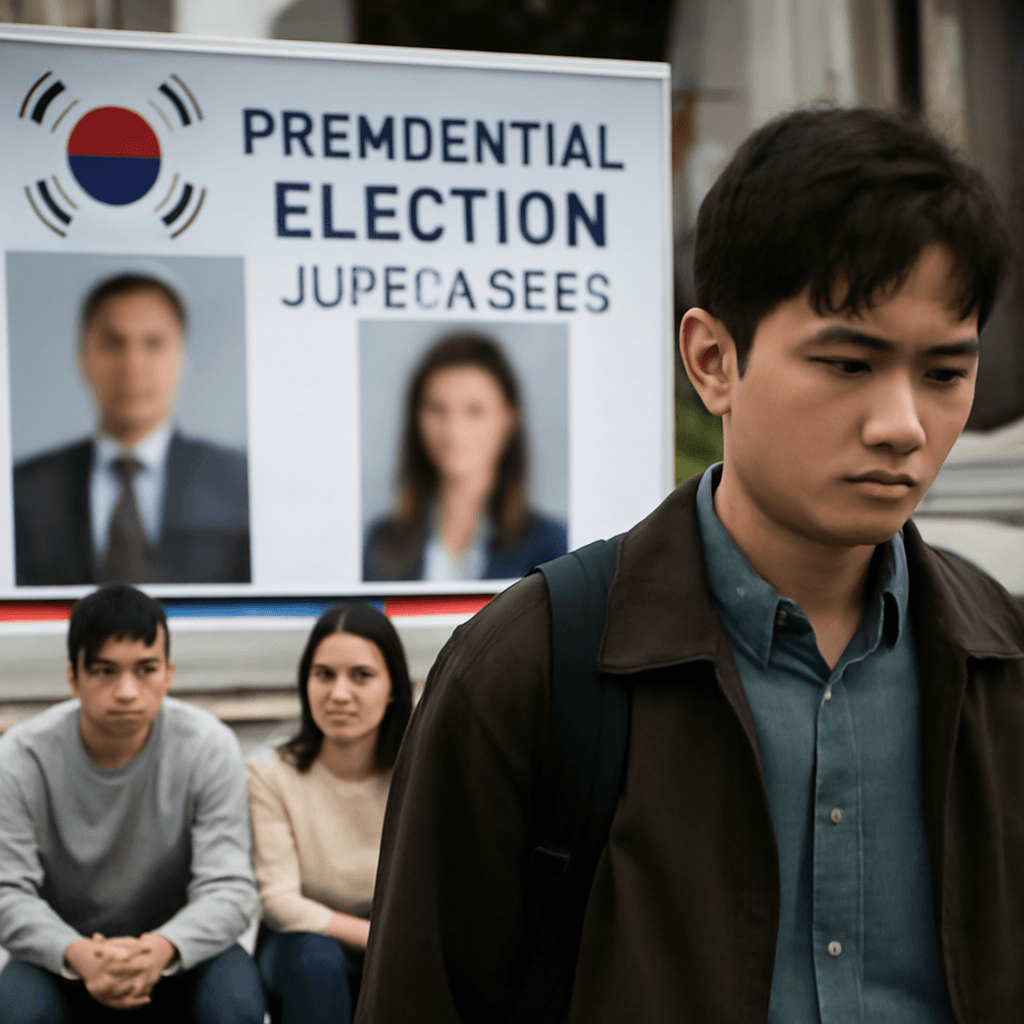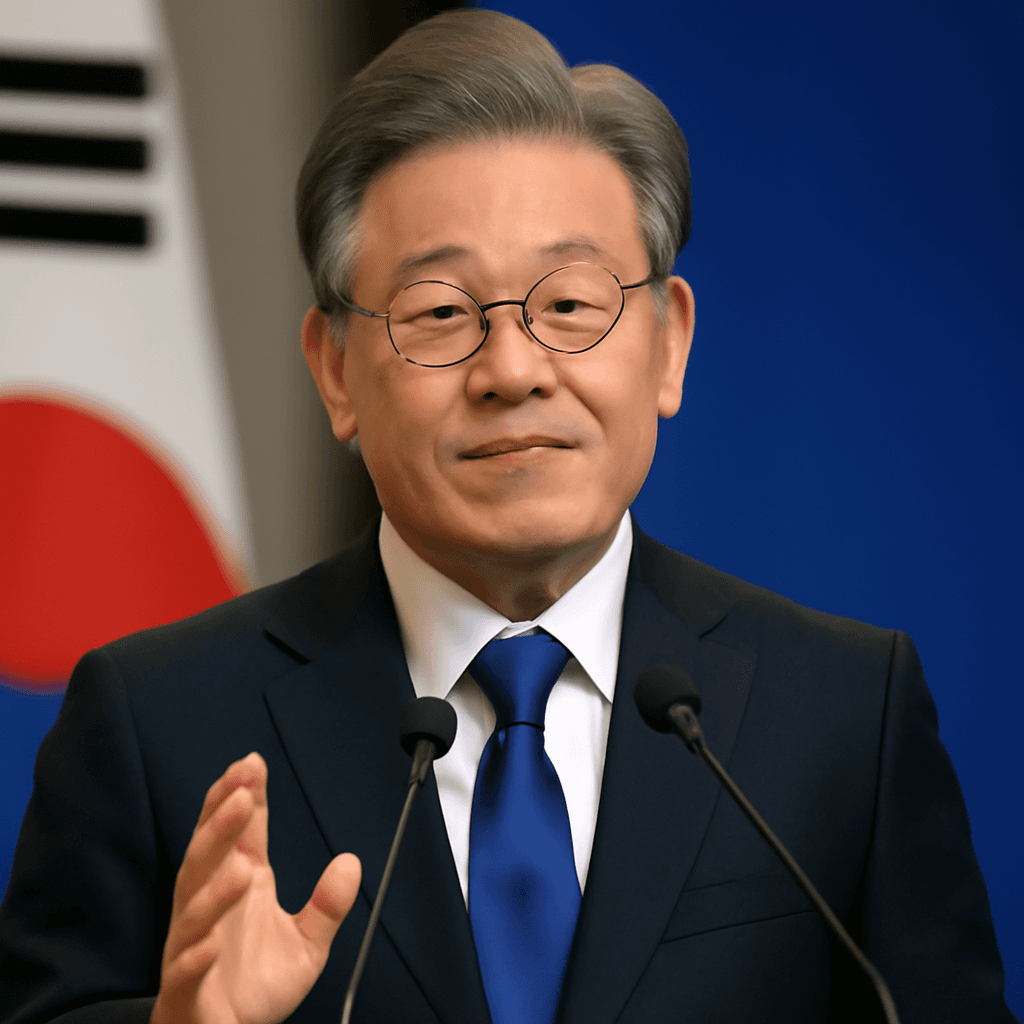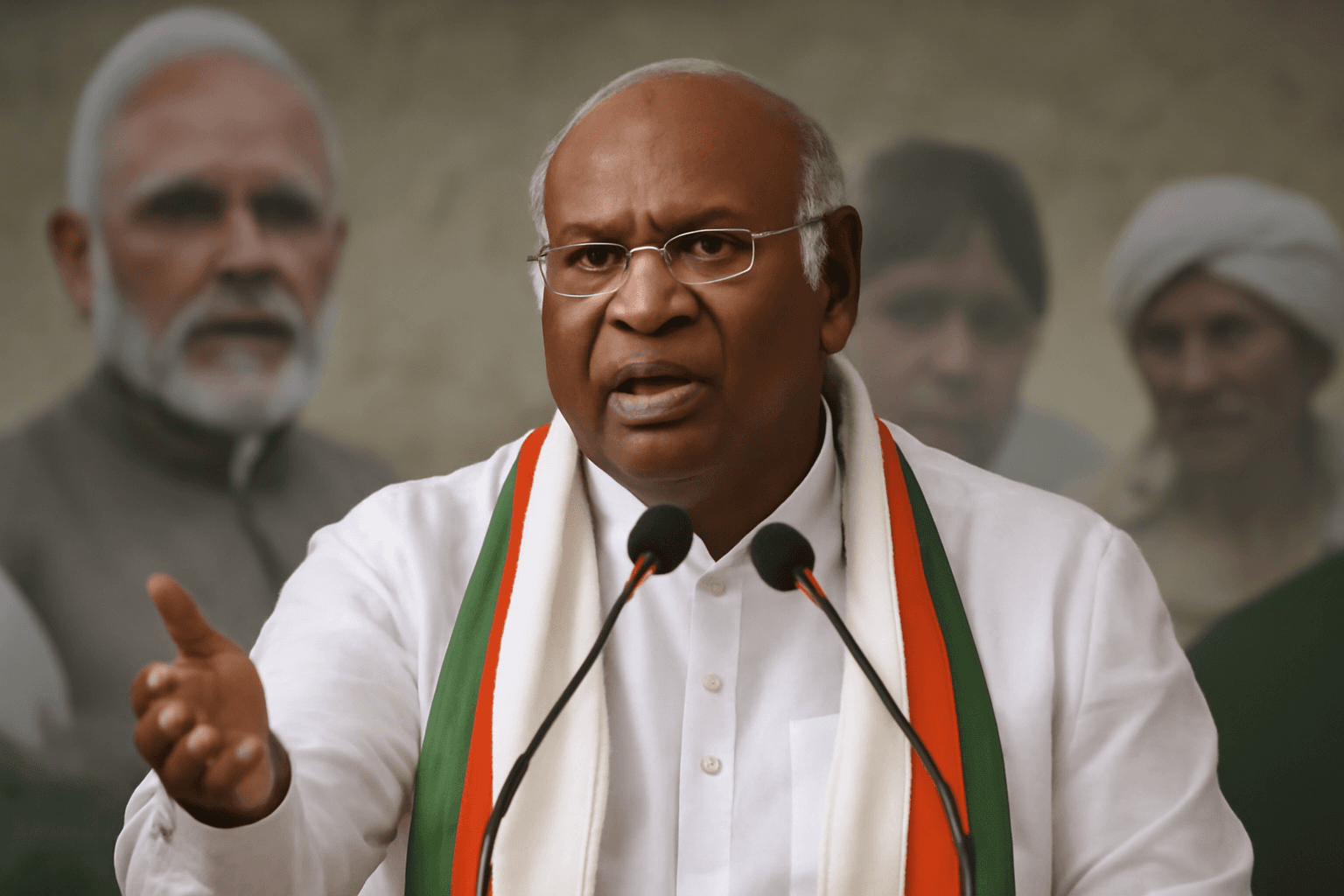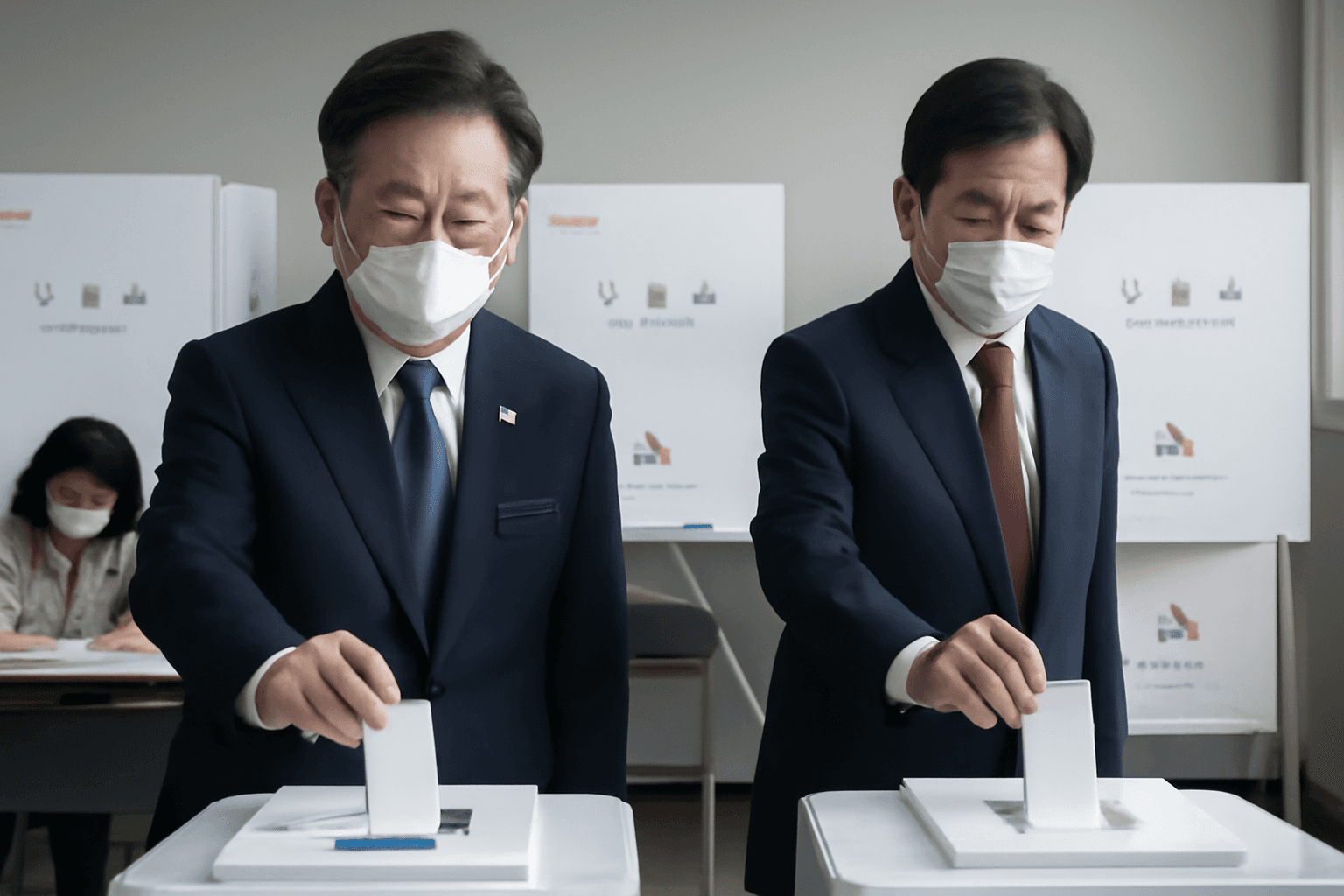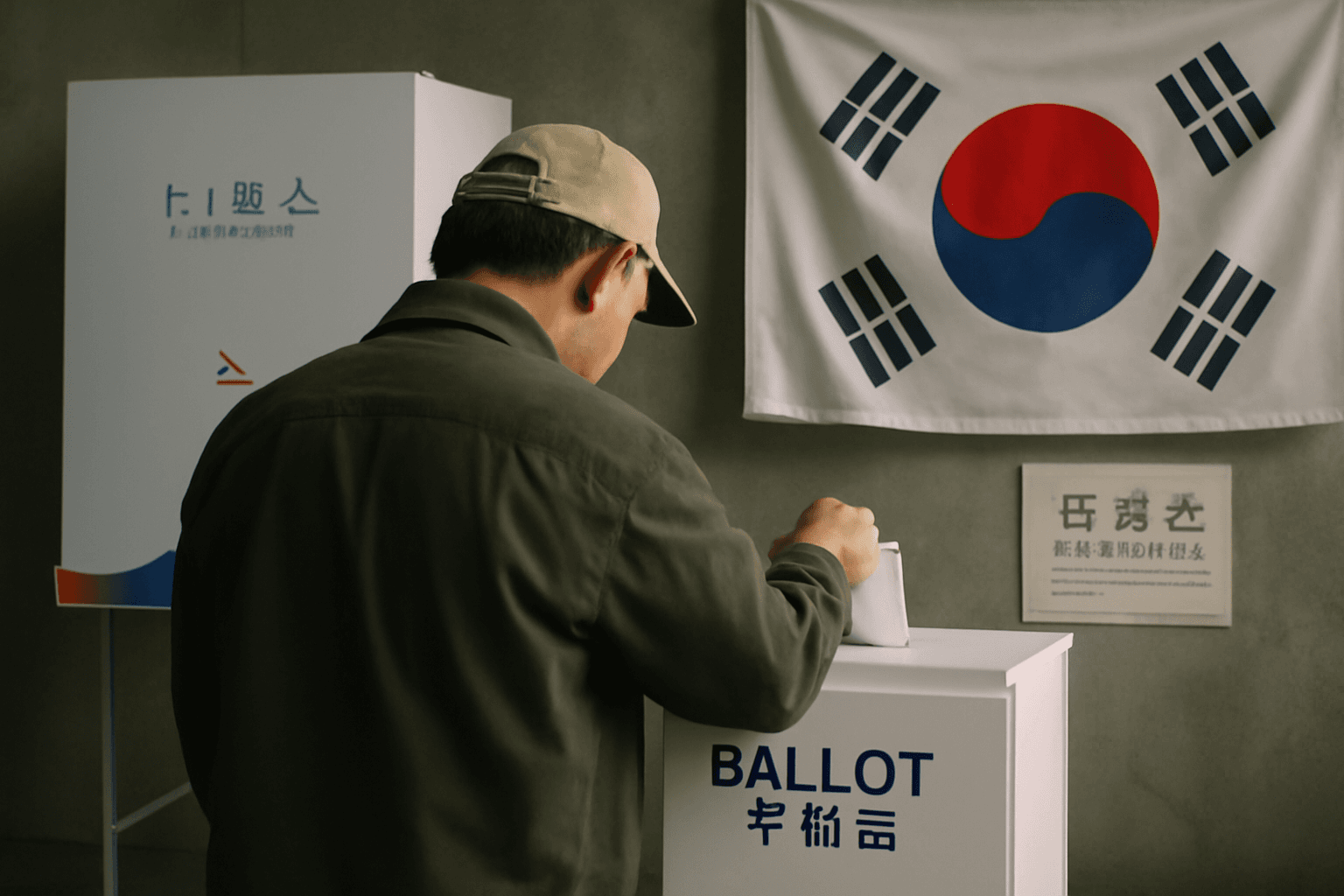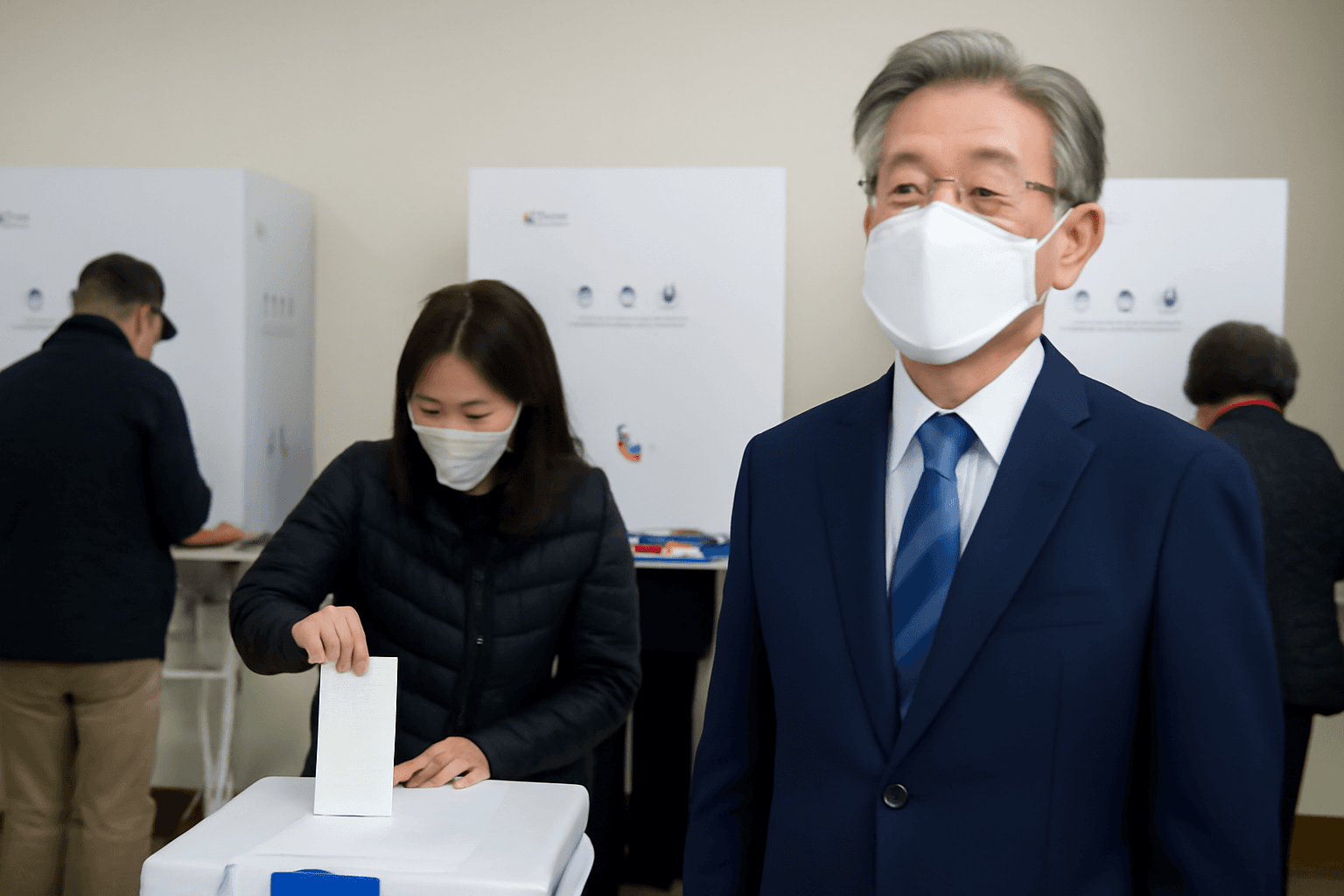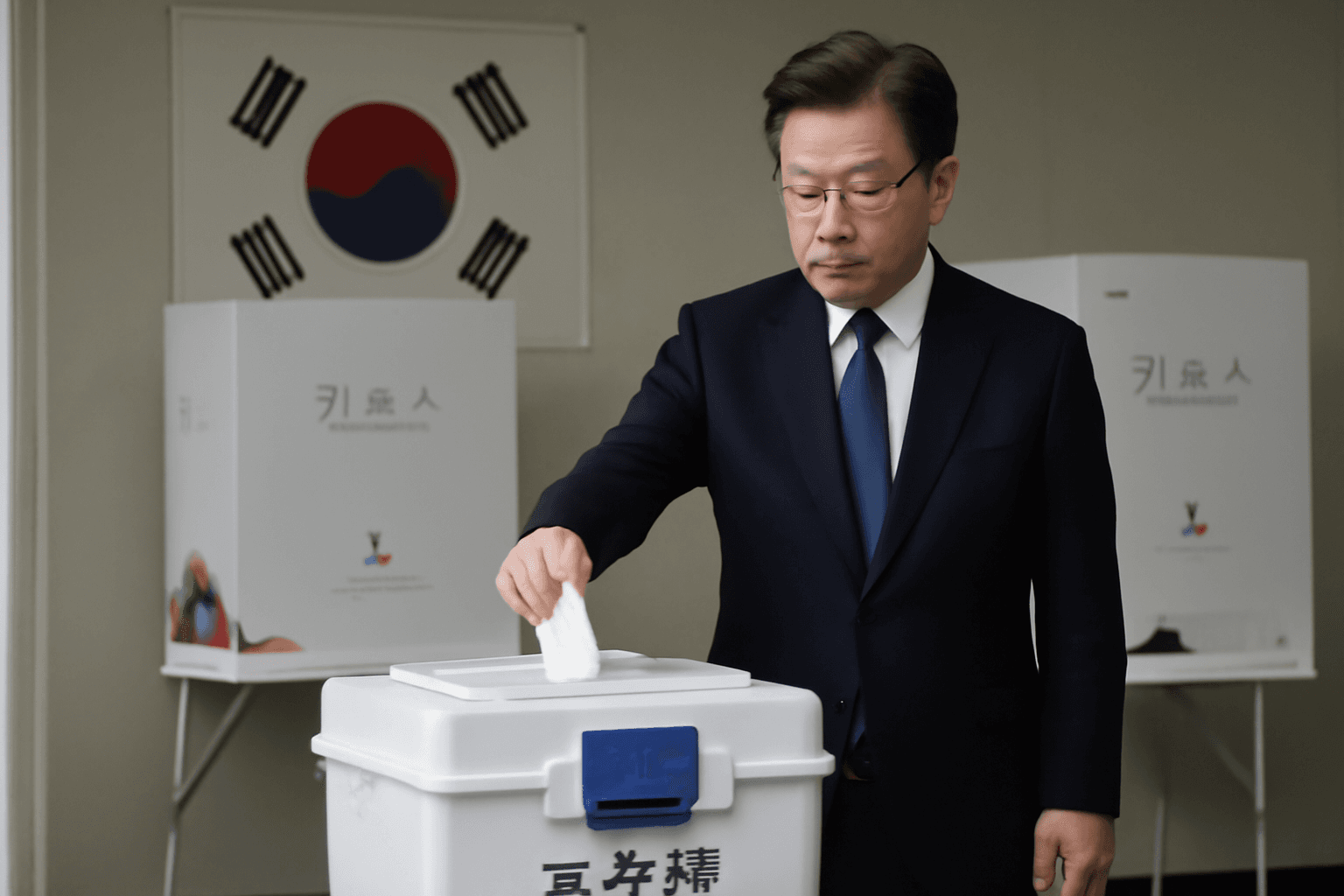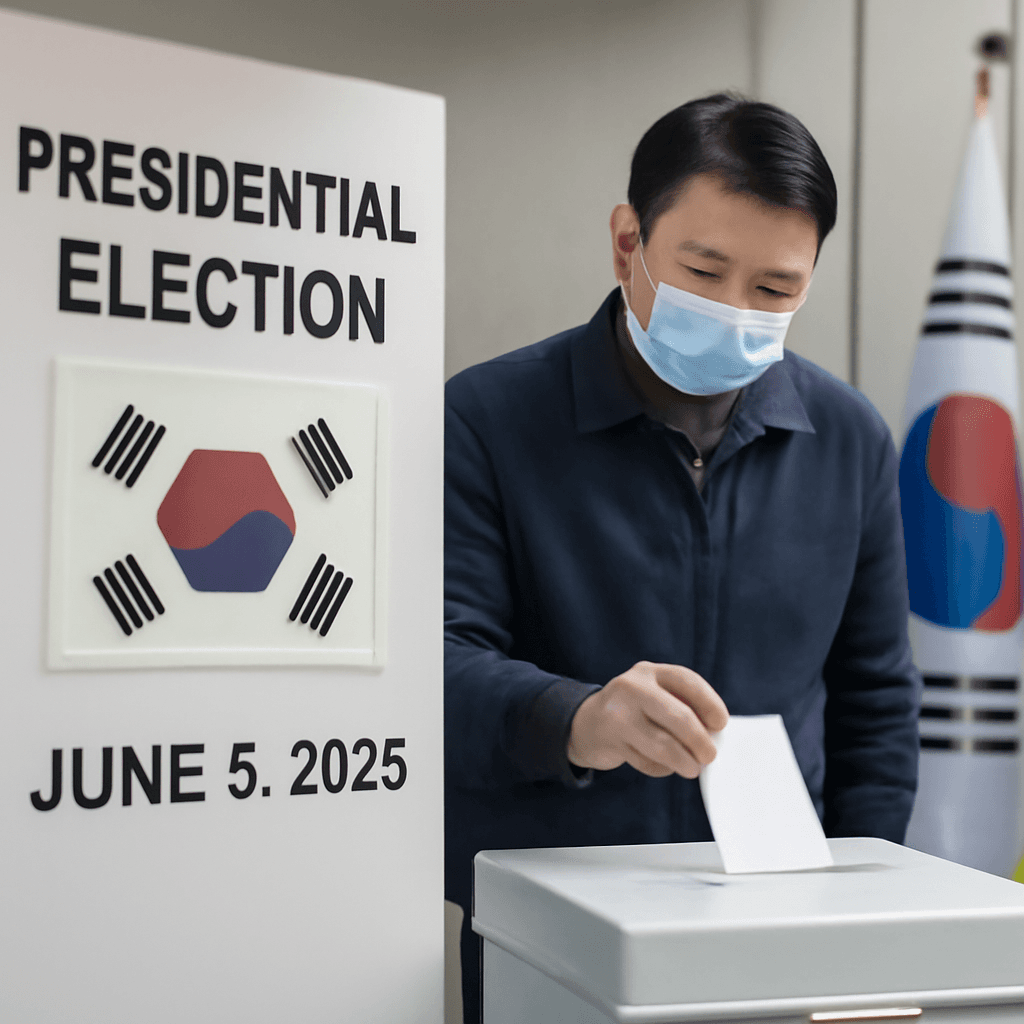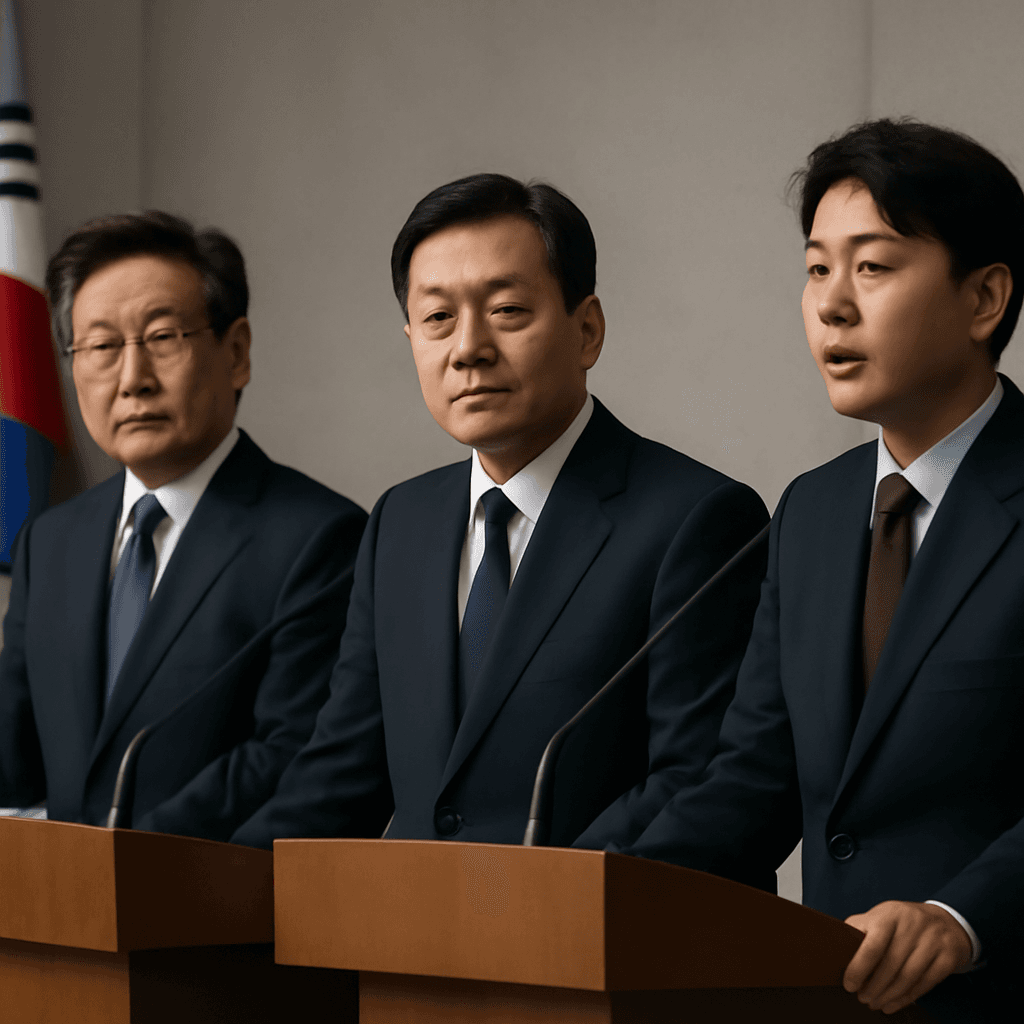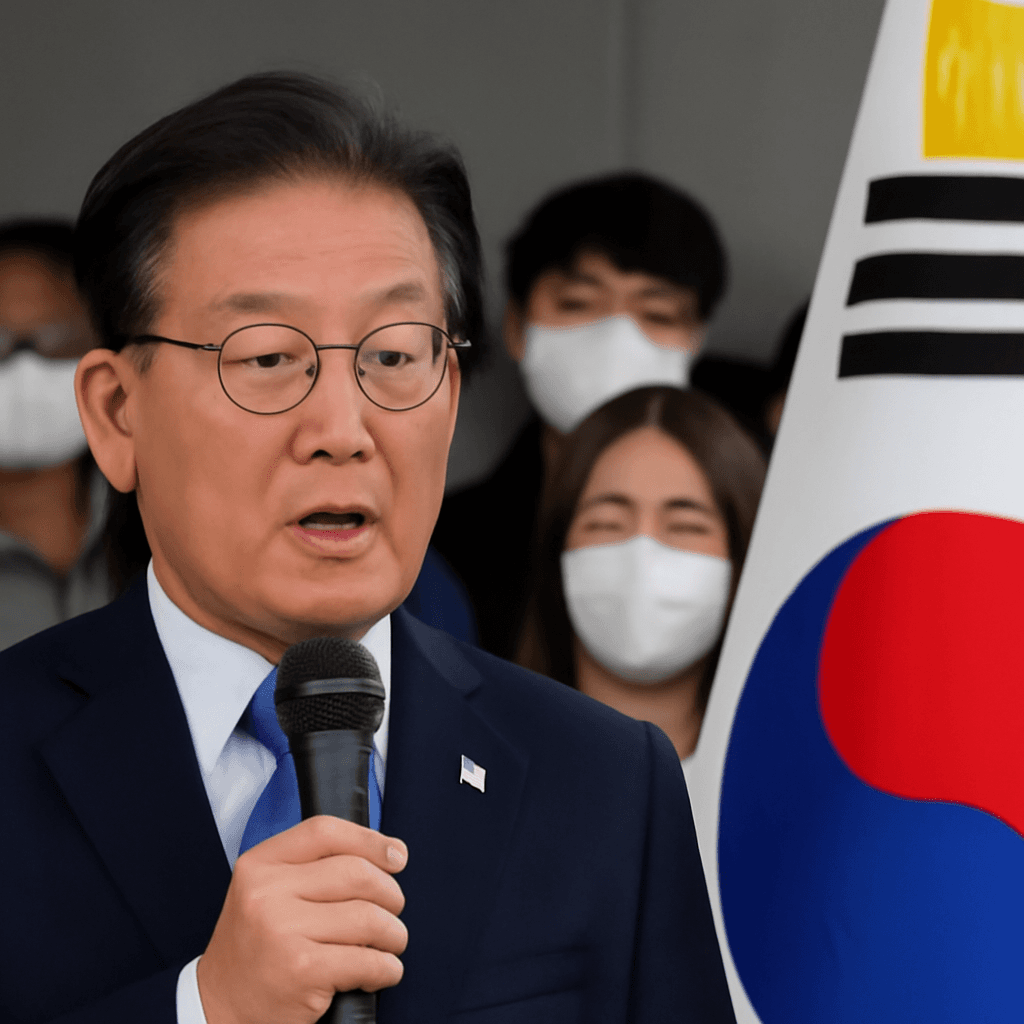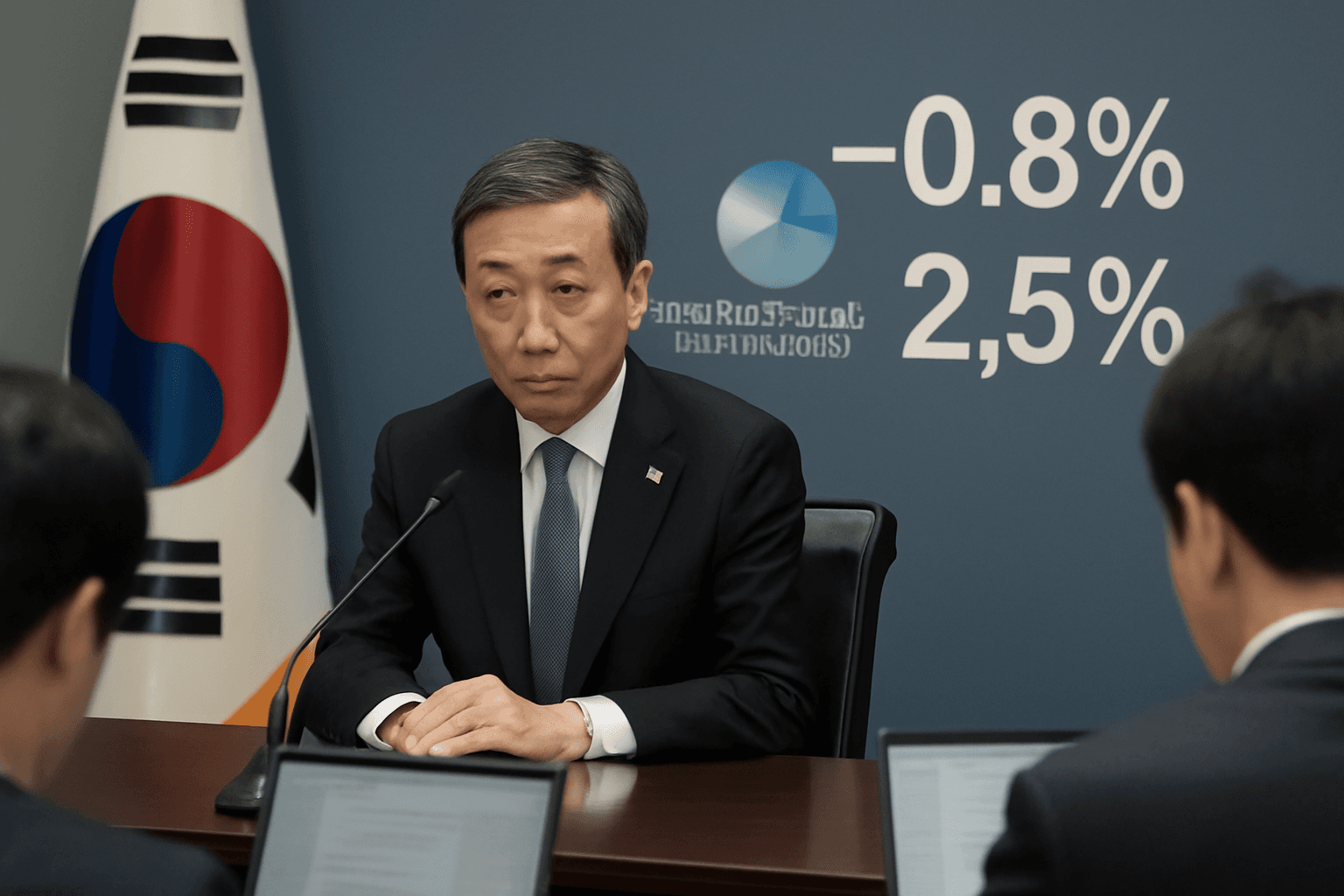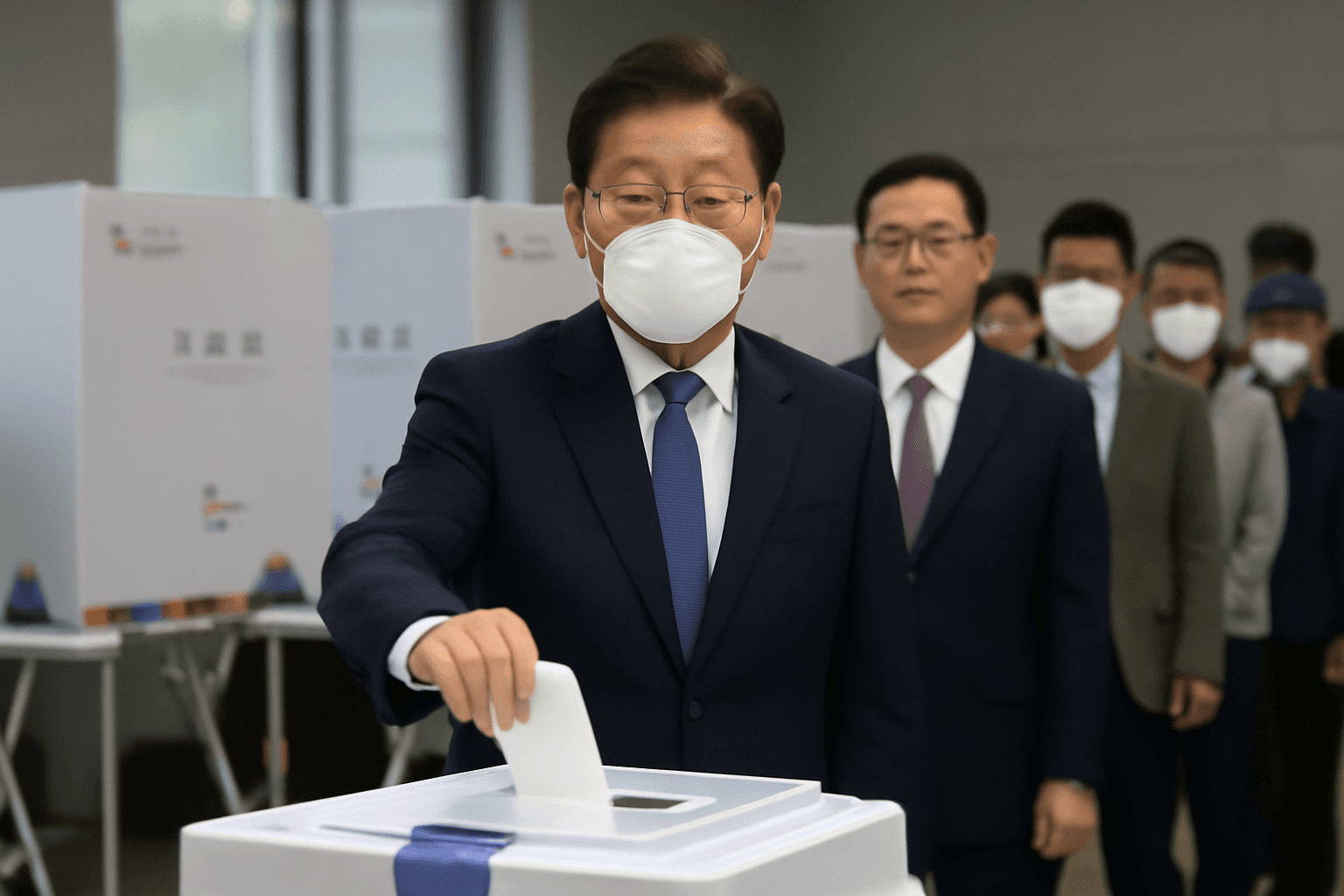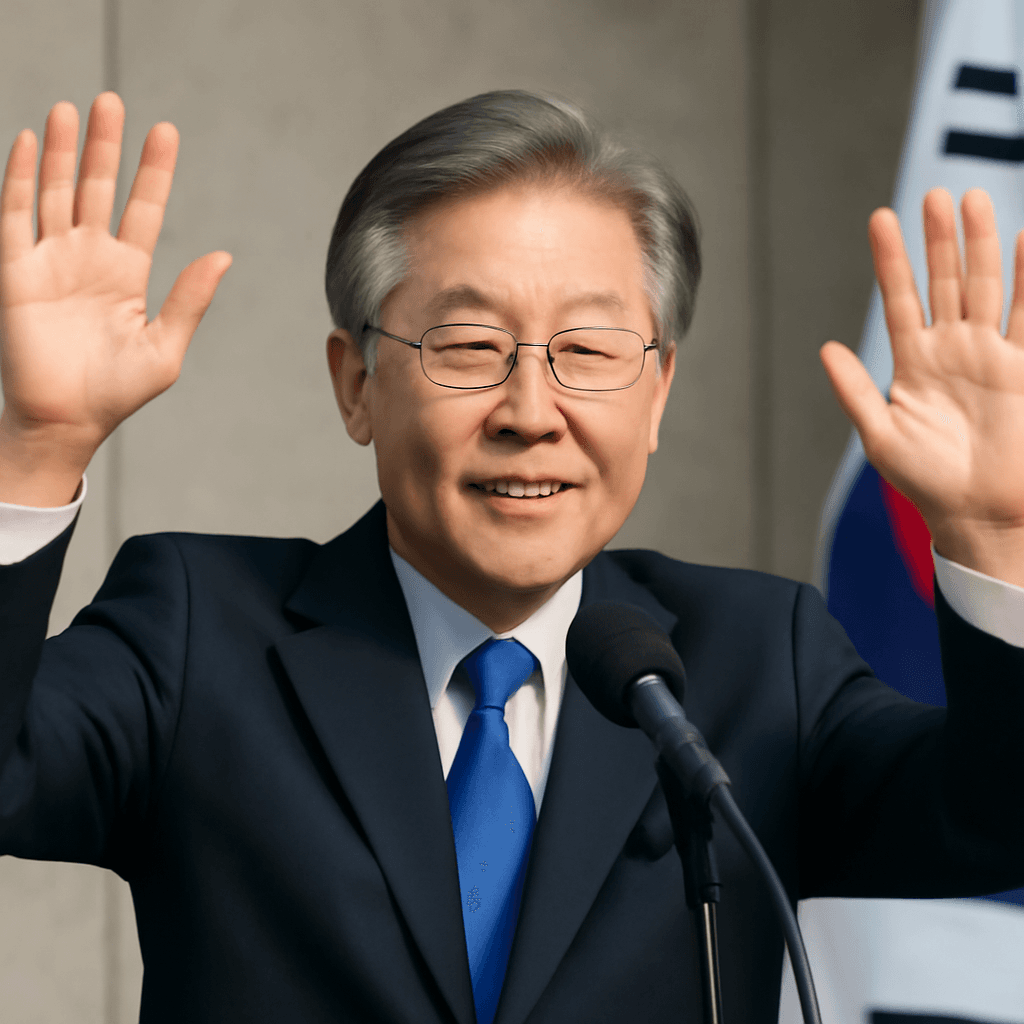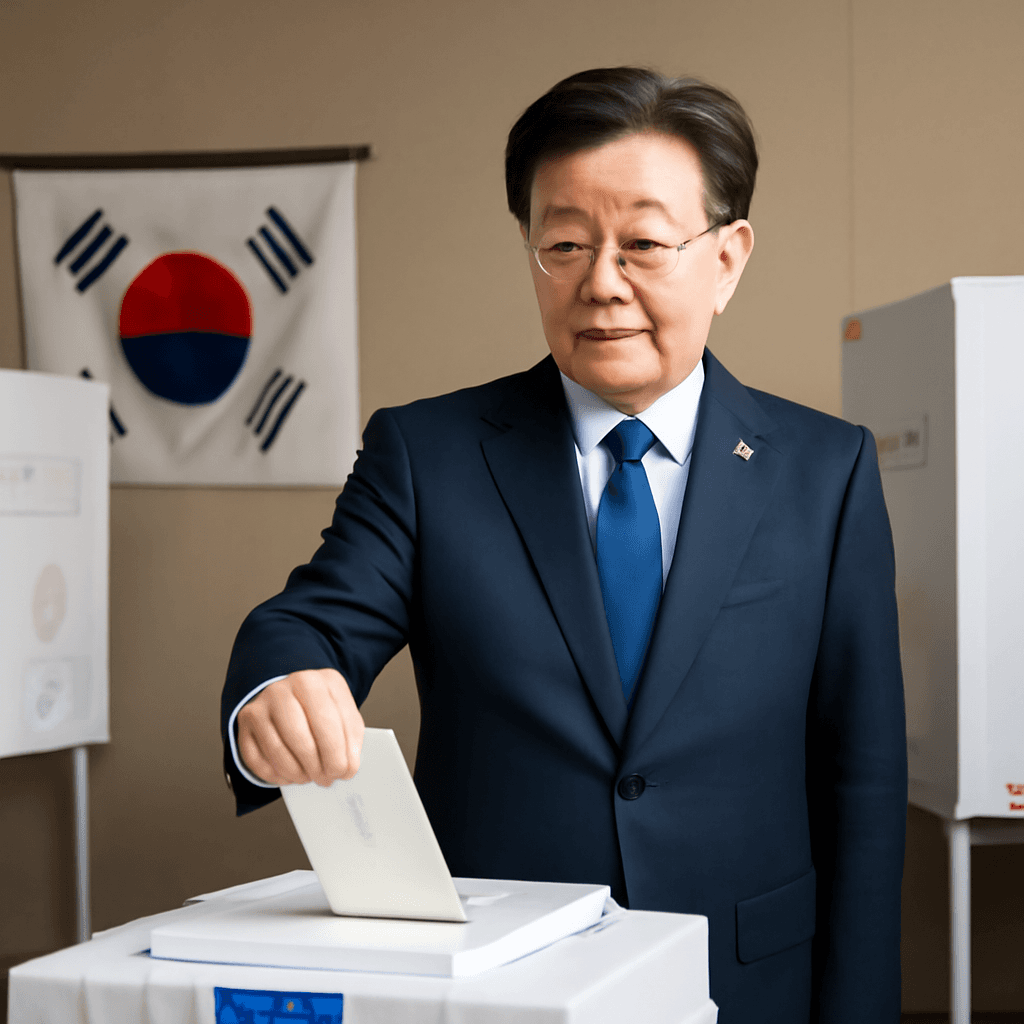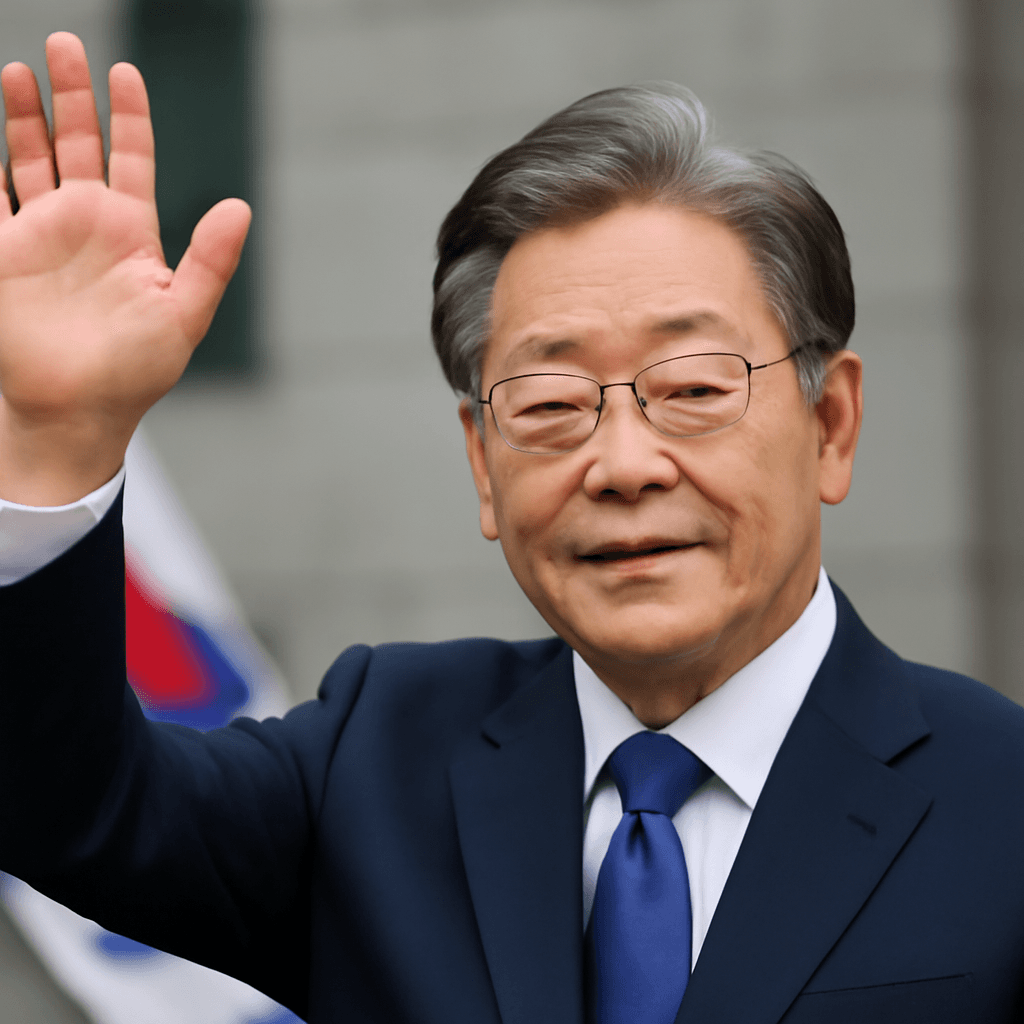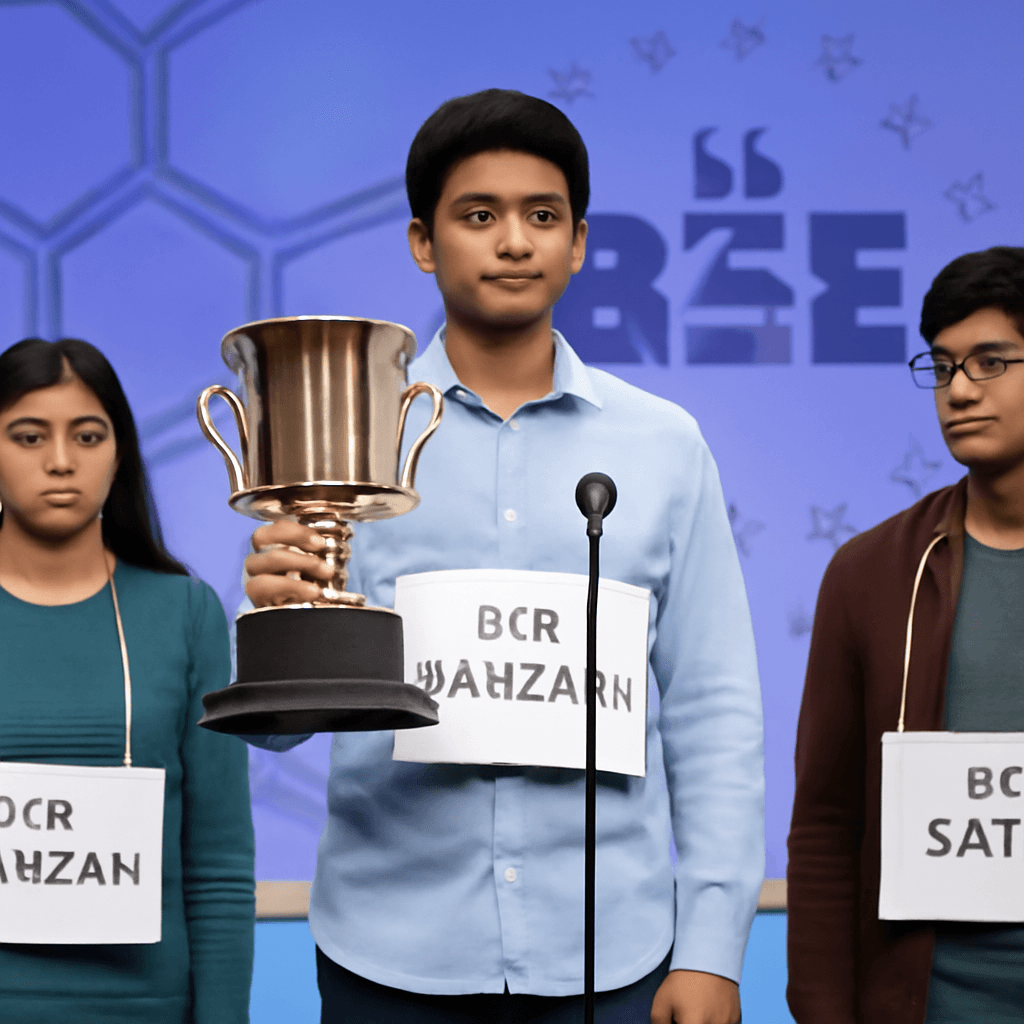As South Korea prepares for its snap presidential election on June 3, 2025, the nation faces a range of critical challenges that will influence the country's future trajectory. This election follows the impeachment of former President Yoon Suk Yeol, who was removed from office after his controversial declaration of martial law in December 2024. The upcoming vote is poised to reshape South Korea's political landscape significantly.
Restoring Democratic Stability
The impeachment of President Yoon has deepened political polarization across the country. Leading candidate Lee Jae-myung from the Democratic Party has proposed constitutional reforms aimed at preventing future abuses of power. His plan includes mandating parliamentary approval within 24 hours for any martial law declaration, with the goal of strengthening democratic institutions and rebuilding public trust in governance.
Economic Recovery Amid Global Challenges
South Korea’s economy is currently encountering difficulties due to global trade tensions and domestic issues. The Bank of Korea recently lowered its benchmark interest rate to 2.50% to encourage economic growth amid concerns over export slowdowns and the impact of international tariffs. Election candidates are emphasizing policies to tackle youth unemployment, housing affordability, and income inequality, seeking to address pressing socioeconomic concerns.
Foreign Policy and Diplomatic Strategy
The presidential election's outcome may lead to a strategic shift in South Korea's foreign policy. Lee Jae-myung advocates for a pragmatic approach that balances maintaining strong alliances with the United States while pursuing diplomatic engagement with North Korea. Additionally, he supports improving relations with China and Russia to navigate the complex geopolitical environment effectively.
Social Issues and Youth Participation
Social policies targeting younger demographics are central to electoral debates. Lee Jun-seok of the Reform Party has gained support by proposing the dissolution of the gender ministry, arguing that it contributes to perceived reverse discrimination. His platform appeals to certain youth segments, underscoring generational divides on issues related to gender equality and social justice.
Urban Development and Decentralization
To encourage balanced regional growth and alleviate congestion in Seoul, Lee Jae-myung has proposed relocating the national administrative capital to Sejong City. This initiative aims to decentralize political power and foster economic development in other regions.
As voters head to the polls, the election will decisively influence South Korea's political governance, economic policies, foreign relations, and social cohesion for years to come.

